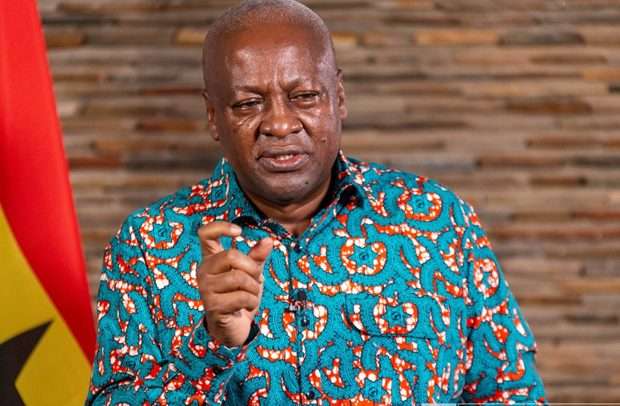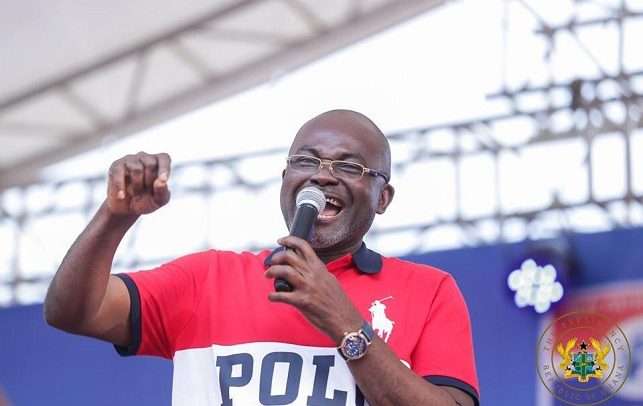The prolonged Bawku conflict has once again drawn national attention, this time from outspoken former Member of Parliament for Assin Central, Kennedy Agyapong.
In a rare statesmanlike tone, the firebrand politician issued a heartfelt appeal for calm and restraint amidst the ongoing tribal tensions that continue to destabilize the Bawku enclave and its surrounding areas.
In a statement that broke from his usual combative style, Agyapong expressed “deep concern” over the recent escalation of violence in the conflict-prone region.
“The recurring violent outbreaks and reprisals rooted in longstanding tribal conflicts continue to cause pain and instability among our people.”
Kennedy Agyapong
Accordingly, he urged especially the youth to rise above anger and tribal loyalties.
Additionally, Agyapong drew attention to the broader national stakes, stating unequivocally, “When there is peace in Bawku, there is peace in Ghana.”
This was not just a sentimental appeal but a strategic one. The Bawku conflict, he rightly suggested, is not an isolated problem.
Its ripple effects—from refugee displacement to national security threats—extend far beyond the Upper East Region.
As such, he indicated that the long-term implications for national cohesion, economic stability, and Ghana’s democratic image cannot be overstated.
And unlike many political statements laced with blame or tribal undertones, Agyapong’s message deliberately focused on unity and healing.

“At this critical moment, I call for calm—especially from the youth. No grievance, however deeply felt, justifies the loss of life or the destruction of our communities.”
Kennedy Agyapong
The avid politician’s call for calm wasn’t merely rhetorical. It came with commendations and constructive suggestions.
Agyapong applauded President John Dramani Mahama for supporting a mediation initiative spearheaded by the Asantehene, Otumfuo Osei Tutu II.
The process, originally instituted by former President Nana Akufo-Addo, has been revitalized in a renewed bid to bring lasting peace to the conflict-ravaged area.
In a rare moment of bipartisan praise, Agyapong’s remarks transcend party lines, spotlighting an all-too-rare show of national unity between two political giants and recognizing Otumfuo’s unique role as a respected traditional authority capable of bridging divides where political voices may fall short.
Bawku Conflict To End With Collective Effort
Furthermore, Kennedy Agyapong emphasized the need for national consensus in addressing deep-rooted tribal conflicts, highlighting the mediation effort as a strong example of leadership that prioritizes the nation over political divisions.
He called on all stakeholders to fully support the Otumfuo-led committee to ensure it carries out its mandate successfully.

While some may see Agyapong’s intervention as politically strategic, given his future presidential ambitions, his message resonates with the general public’s fatigue over the endless bloodshed and political inertia.
He rightly pointed out that Ghana cannot make meaningful strides if parts of the nation are mired in chaos. “No part of this country can prosper while another is in pain,” he emphasized.
His final appeal was a call to both leadership and citizenry: “Let us all, leaders and citizens alike, play our part in ensuring that lasting peace is restored.”

His remarks come as reports indicate renewed clashes that have tragically led to more lives being lost and property destroyed. While many public figures have commented on the ongoing issues in Bawku, Agyapong’s decision to add to their voices reflects the weight of the crisis.
This statement, though brief, echoes a truth that is often forgotten in the heat of political rivalry and ethnic friction: that Ghana’s peace is not guaranteed—it is something that must be nurtured intentionally, especially in volatile regions like Bawku.
The violence must stop, and the road to reconciliation must be paved with good faith, justice, and inclusivity.
As Bawku reels from yet another wave of pain and loss, voices like Agyapong’s—firm, nonpartisan, and peace-driven—deserve amplification.
Whether or not his words inspire real action depends on whether the rest of the political class is listening and whether citizens, too, are ready to prioritize coexistence over conflict.
READ ALSO: China Calls US Tariff Exemption On Electronics A “Small Step”



















